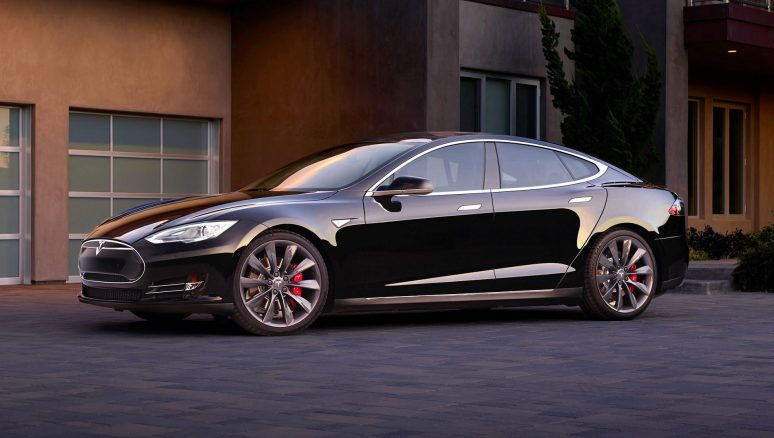In 2023, the automotive industry is undergoing a seismic shift towards more sustainable transportation. According to Bloomberg Green, electric vehicle (EV) sales have doubled since 2020, accounting for nearly 20% of the global car market. This surge raises an important question for car buyers and enthusiasts: how do electric vehicles compare to hybrids and traditional gas-powered cars? In this article, we’ll explore the latest trends and innovations in EVs, hybrids, and gas cars, helping you make an informed decision for your next vehicle purchase.
Understanding the Basics: EVs, Hybrids, and Gas Cars
Electric Vehicles (EVs): The Future is Now
EVs are powered entirely by electricity, using rechargeable batteries. Brands like Tesla, Rivian, and Lucid Motors are at the forefront of this revolution, offering models with impressive range and performance. In 2023, technological advancements have pushed the range of some models beyond 400 miles on a single charge, according to InsideEVs.
Key Innovations:
– Battery Technology: The development of solid-state batteries promises faster charging and longer lifespan. Companies like QuantumScape are leading the charge in this area.
– Charging Infrastructure: With over 100,000 charging stations across the U.S., as reported by Reuters Mobility, charging has become more convenient than ever.
Hybrids: The Best of Both Worlds?
Hybrid cars combine an internal combustion engine with an electric motor, providing better fuel efficiency than traditional gas cars. Popular models from Toyota and Hyundai continue to dominate this segment. CleanTechnica notes that hybrids are particularly appealing for those not ready to fully commit to an EV.
Key Innovations:
– Plug-In Hybrids (PHEVs): Offer an electric-only range, reducing dependency on gasoline for short trips.
– Regenerative Braking: Converts kinetic energy into electric power, enhancing efficiency.
Gas-Powered Cars: Tried and True
Despite the shift towards greener alternatives, gas-powered cars still maintain a strong presence. They offer unmatched convenience with a vast refueling network and typically lower upfront costs.
Key Innovations:
– Engine Efficiency: Automakers like Ford and Volkswagen have introduced turbocharged engines that deliver better mileage.
– Lightweight Materials: Newer models use aluminum and composite materials to improve fuel economy.
Comparing Costs: Purchase, Maintenance, and Operation
Purchase Price
- EVs: Generally more expensive due to battery costs. However, government incentives can offset initial expenses.
- Hybrids: Mid-range pricing, offering a balance between economy and technology.
- Gas Cars: Usually the most affordable upfront.
Maintenance Costs
- EVs: Fewer moving parts lead to lower maintenance costs.
- Hybrids: Maintenance is slightly higher due to the complexity of dual systems.
- Gas Cars: Require regular oil changes and engine maintenance.
Operational Costs
- EVs: Lower fuel costs (electricity vs. gasoline).
- Hybrids: Moderate savings on fuel, depending on driving habits.
- Gas Cars: Higher fuel costs, especially with fluctuating gas prices.
Practical Considerations: What to Look For
Charging and Refueling
- How to Charge an EV: Most EV owners charge at home overnight. Public fast-charging networks are expanding rapidly.
- Where to Buy: EVs and hybrids are widely available at dealerships and online marketplaces like AutoTrader.
- What to Compare: Consider range, charging time, and available incentives.
Environmental Impact
- EVs: Zero tailpipe emissions, significantly reducing your carbon footprint.
- Hybrids: Reduced emissions compared to gas cars, but still reliant on fossil fuels.
- Gas Cars: Highest emissions, contributing to pollution and climate change.
Conclusion: The Road Ahead
In 2023, choosing between an EV, hybrid, or gas car depends on your priorities and lifestyle. Electric vehicles offer cutting-edge technology and eco-friendliness, hybrids provide a practical middle ground, and gas cars remain a reliable choice with extensive infrastructure. The automotive landscape is evolving, and staying informed is crucial.
As we move towards a more sustainable future, which vehicle type aligns with your values and needs? Share your thoughts in the comments below, and consider how the innovations of today might shape the cars of tomorrow.

